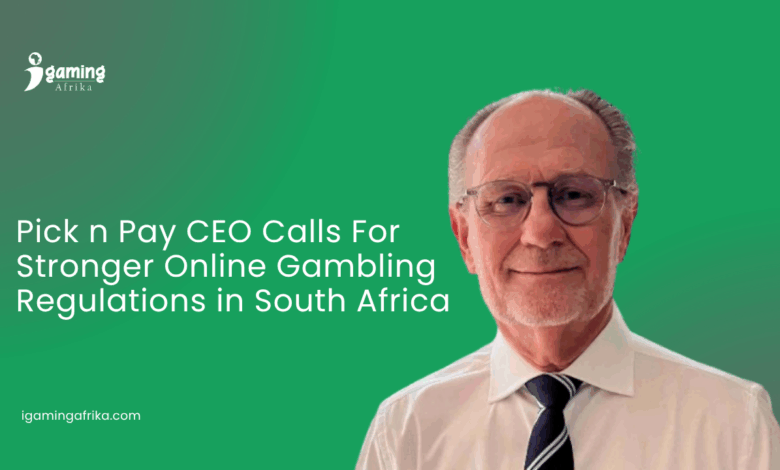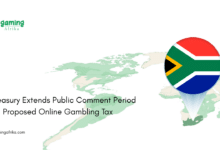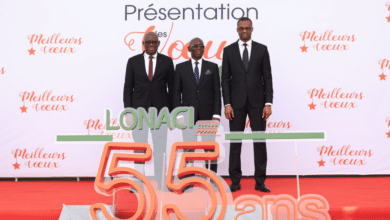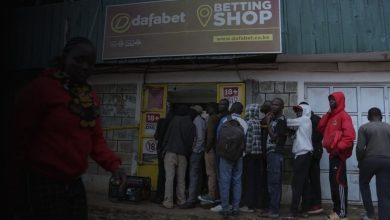Pick n Pay CEO Calls For Stronger Online Gambling Regulations in South Africa

Pick n Pay CEO Sean Summers has urged South African authorities to clamp down on online gambling advertising, warning that billions of rand are being siphoned out of the local economy as the practice takes root among the country’s most financially vulnerable citizens. Speaking on CapeTalk’s Afternoon Drive with John Maytham, Summers described online gambling as a “scourge” that is growing unchecked. He said the industry was drawing extraordinary amounts of money from those least able to afford it, particularly lower-income earners struggling to meet basic needs.
He highlighted that much of the betting occurs through online platforms, including some linked to offshore companies, meaning that a portion of the profits does not circulate locally. While traditional gambling like casinos and lotteries supports jobs and infrastructure, Summers said the rise of mobile and online betting is having a harmful social and economic impact, exacerbated by aggressive marketing on social media and the accessibility of apps.
Recent data supports Summers’ concerns. According to industry figures, South Africa’s gambling sector generated approximately ZAR 75 billion in gross revenue in the 2024–2025 financial year, with total turnover exceeding ZAR 1.5 trillion. Online betting recorded the fastest growth, surging by nearly 60 % year on year, as mobile apps and digital platforms made gambling more accessible than ever. Analysts warn that while the sector contributes billions in taxes and employs tens of thousands, its rapid expansion has intensified social and economic pressures among low-income households.
Summers called for measures similar to those adopted abroad, citing Belgium, the Netherlands, and Italy, which have banned gambling advertising, and the United Kingdom, where betting firms will no longer be allowed to appear on football jerseys from next year. He suggested South Africa consider comparable restrictions and tighter regulation, framing the issue as both a moral and economic challenge.
His comments have resonated amid growing political concern over gambling’s reach. At a recent parliamentary press briefing, Tebogo Letsie, chairperson of the Portfolio Committee on Higher Education, warned that some university students are using their National Student Financial Aid Scheme (NSFAS) allowances to gamble online. He explained that delayed payments sometimes drive students to borrow money from peers to place bets, leaving them indebted once their allowances are paid.
Read Also: South Africa Hails Removal from FATF Grey List as Confidence in the Economy Rises
“We are worried students do spend their allowances on gambling and there might be a contribution from Nsfas not paying these allowances on time. The students might then want to take a chance and borrow money from those students that have already received their allowances to make bets, thinking they will win, but they end up losing,” Letsie told TechCentral in an interview. “When their allowances come in, they are already in debt and must pay back the money.”
Summers said similar patterns are emerging among social grant beneficiaries, citing banking data that indicates as much as 20 % of South African Social Security Agency (SASSA) grants may be spent on online gambling. He described this as “unconscionable,” arguing that the problem now extends from impoverished households to students, driven by the accessibility of gambling apps and aggressive marketing on social media.
He maintained that the issue goes beyond retail competition, framing it as a national moral and economic challenge. The scale of the losses, he said, reflects a growing dependence on gambling at a time when South Africans are already under financial pressure.























